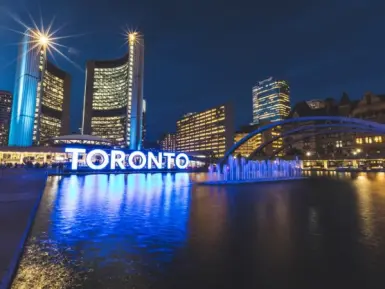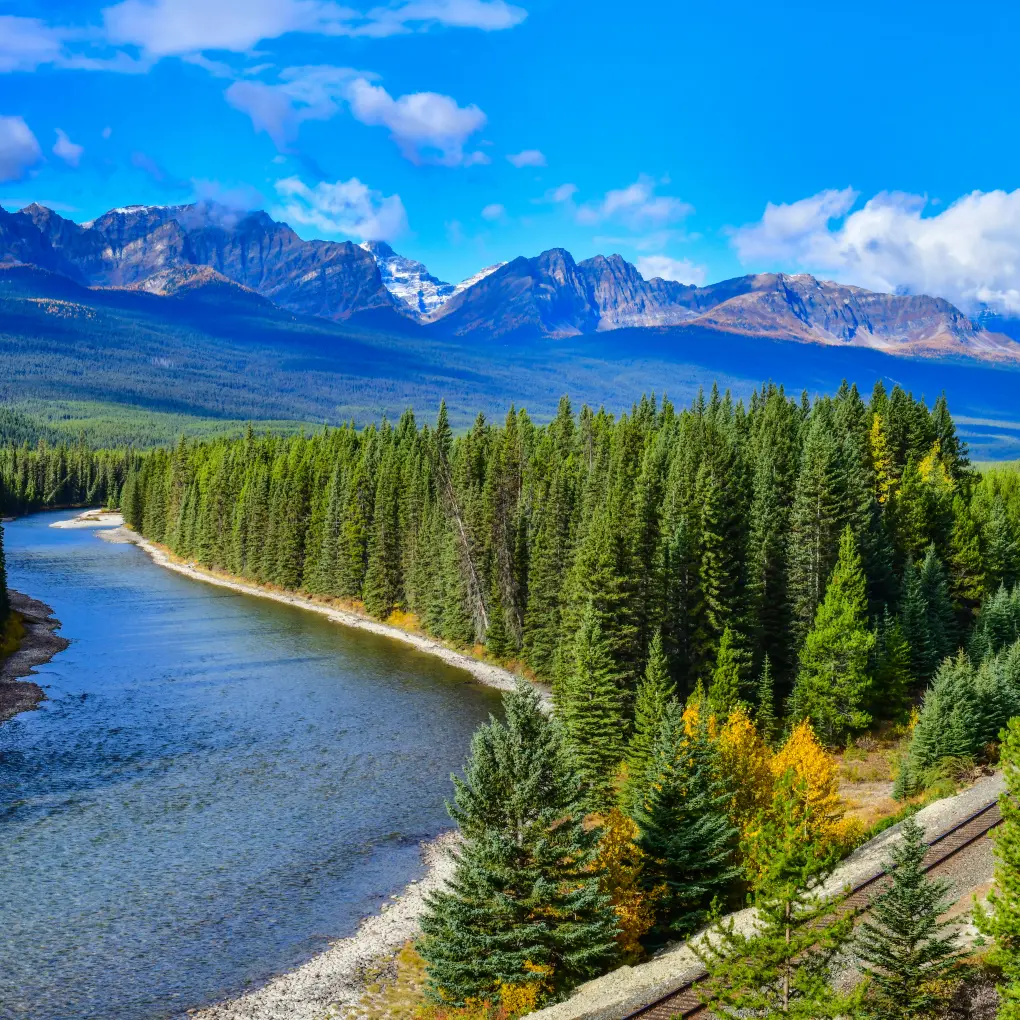Despite being the second largest country in the world, Canada is still considered to be a young country. Canada, as it is known today, was created as a result of the 1867 confederation, gaining its independence from the British Empire. However, the years prior to this, where the French and English battled it out to gain ownership over the land, are some of the most interesting years in the country’s history.
FAQs
- How old is Canada?
- When did Canada become independent?
How old is Canada?
When the French mariner, Jacques Cartier set out on an unofficial exploration of North America with Giovanni da Verrazzano in 1534, their discovery of Newfoundland piqued the interest of King Francis I. Within 12 months of his return, the King had commissioned Cartier to head out once more, using his navigational skills to embark on the official exploration of North America. This time, Cartier was familiar with the route, having ventured partially up St Lawrence River on his first voyage. However, he travelled a little further up, docking in what is known today as Québec.
Several years after Cartier made the journey up the St Lawrence River, French colonist Samuel de Chaplain arrived in Canada, following the river as Cartier did. Upon arriving in Québec, he drew inspiration from the Huron-Iroquois word ‘kanata’, which means a village or settlement, for its name. Although Cartier had previously visited Québec, no new settlements were formed until Chaplain’s visit in 1608. Soon after, French immigrants made their way over, when new towns and cities including Montréal were established.
Until the confederation took place in 1867, each province was segregated and governed by the British Empire. However, this changed in 1867, with Canada celebrating its 150th birthday in 2017.
An image description goes here.
When did Canada become independent?
During the 19th century, Canada’s provinces were secular. Divided into the British colonies of Nova Scotia and New Brunswick and the Province of Canada, which consisted of Ontario and Québec, the regions concluded that they would work better as a collective. Together through a process known as the confederation, a series of conferences took place which aimed to unite each region and, in 1867, an agreement was met.
Although the British had acquired most of its land in Canada from the French, particularly during the Seven Year War, the Empire was looking at the options for downsizing their North American colonies. They had come to the realisation that the military and financial obligations exceeded what they were willing to give and were worried that the United States would attempt to acquire their Canadian colonies through a process known as annexation.
Confederation was looked upon favourably by both the French and the British. It would allow their colonies to become a stronger force and share their skills. So, during the Charlottetown Conference in 1864, the process of unifying Canada began. Over the next couple of years, the talks continued, with 72 resolutions proposed at the Québec conference with the aim of forming a stable government. It wasn’t until 1867 in London that these resolutions were transformed into a legislation.
The legislation formed the Constitution Act, which was subsequently signed by the Queen and the British Government on 29th March 1867, before coming into fruition on 1st July 1867. This day not only marked the independence of the colonies from the British Empire, but also the creation of Canada as one country.
An image description goes here.
Want to hear more about our Canada holidays?
Our expert team have travelled Canada from coast to coast and are here to provide expert recommendations based on your requirements
Contact usLatest Articles

Saskatchewan Highlights: Discover the Land of Living Skies


12/11/2025
Often called the 'Land of Living Skies', Saskatchewan offers some of Canada's most unique and spectacular holiday experiences.

Indigenous Experiences in Alberta


31/10/2025
Alberta's Indigenous communities have shaped this province for thousands of years, creating a cultural tapestry that continues to thrive today.

The Ultimate British Columbia Road Trip


17/10/2025
British Columbia offers some of Canada's most spectacular road trip routes, and this incredible 14-day journey through the province's diverse landscapes promises unforgettable memories.

Things you didn't know about Toronto


14/10/2025
Located along Lake Ontario’s northwest shore, the city of Toronto is the capital of Ontario and is known for its dynamic nature, exciting attractions, and green spaces.













